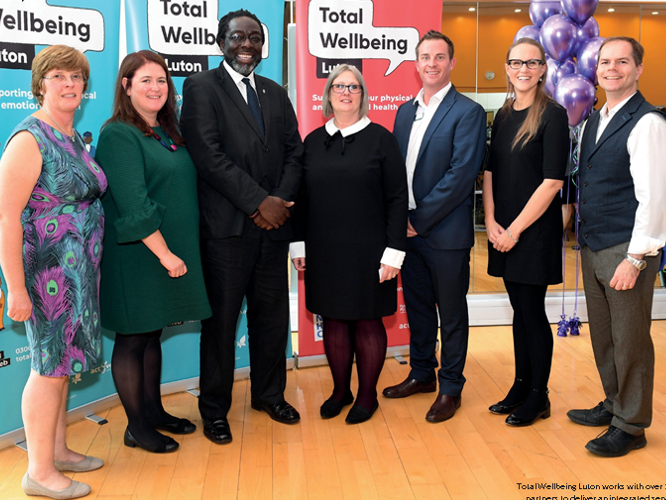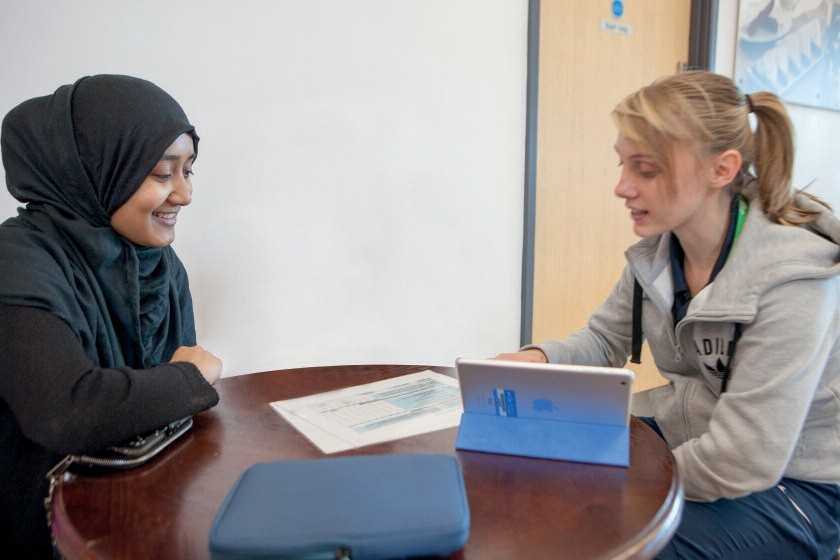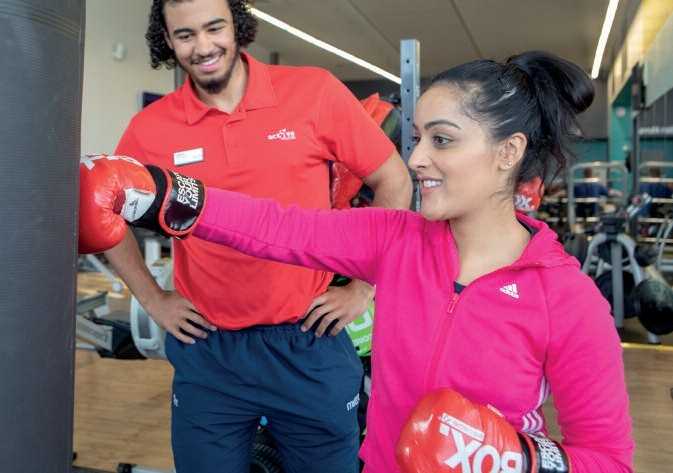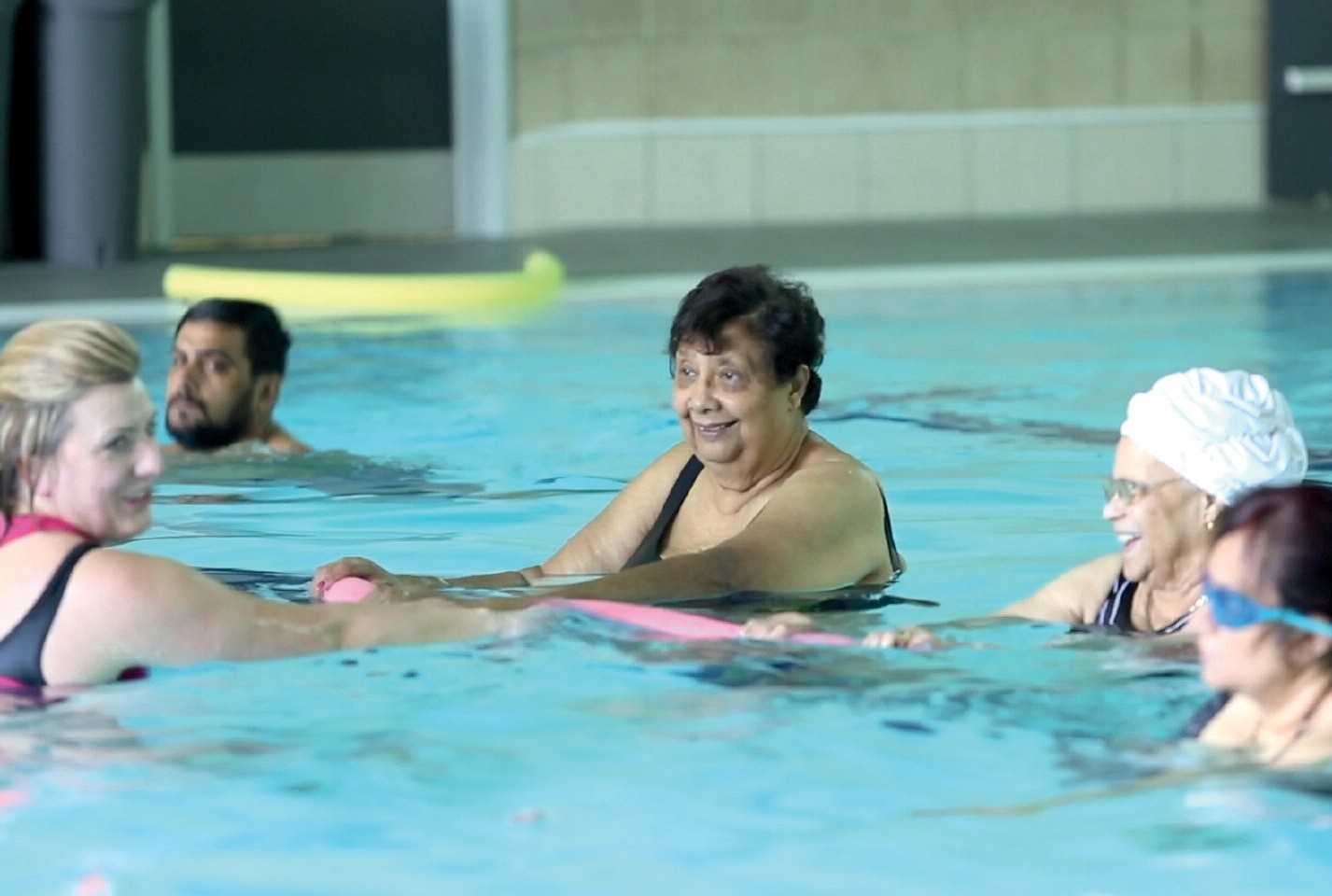
Total Wellbeing Luton is an example of an integrated care system that takes a holistic approach to health and well being. It is shaped by understanding that individuals have unique needs, and sometimes multiple emotional and physical health problems that are often interlinked. It focuses on ways of preventing ill health through interventions addressing physical, mental and lifestyle factors. Since it’s launch in April 2018, Total Wellbeing Luton has supported over 4,500 local residents.
Matt Corder, director of community health and wellbeing at Active Luton which co-delivers the service points out that preventing future ill-health impacts significantly on individual lives and the capacity of the health service with limited resources and an ageing population.
Lead provider is social enterprise organisation Turning Point working in partnership with Active Luton who manage Luton Borough Council’s three leisure centres, a golf centre and a community sports and arts centre.
A holistic 'one stop shop' service with a 'tell me once' ethos
Service users identified in one area are referred on to other areas of the service to ensure holistic support rather than just dealing with one problem. "For example, if you are involved in exercise referral for weight issues but the delivery team identify that you would benefit from emotional therapy then you will be supported into the IAPT service to make sure that you are treated holistically. No other commissioners have brought improving access to psychological therapies services (IAPT) and healthy lifestyle services into one system of delivery before' explains Corder.
Total Wellbeing Luton delivers health and well being interventions for children and adults including:



Delivery through collaboration and partnerships
Many of these services will be delivered in community-based locations across Luton to maximise the accessibility of the service. Turning Point leads on the delivery of talking therapies while managing wellbeing co-ordinators who work across different elements of the contract, ensuring smooth pathways and experiences for service users. In addition:
Active Luton has invested in people, training and facilities
“We have up-skilled a lot of existing employees to deliver new programmes such as social prescription, and everyone is undergoing training to make every contact count.
We have also invested in our facilities, including the creation of a service hub at Hightown Community Sports and Arts Centre and a new suite of consultation rooms at Lewsey Sports Park” says Corder.
Programmes offered at the centres range from one to one activity in the gyms, especially for those new to exercise, to group sessions such as circuit training-style classes.
All Active Luton gyms offer fully inclusive and adaptable equipment that can be tailored to any level, and activities like health walks, Nordic walking, table tennis, Zumba, yoga, walking football and running for beginners are also available.
Removing barriers to encourage activity and good habits
Affordable access
Everyone referred into the programme receives a voucher giving them access to 12 sessions for £24 in the gym, pool, mainstream group fitness classes or health and wellbeing sessions. (More than 50 per cent of users come from the most deprived wards in Luton). "From there we can transition service users to our Go4Less card which gives the holder discounts on visiting the gym, group fitness classes or swimming. We also have a Go4Less Advantage card which allows access to activities during off peak times for only £2 per session for those receiving benefits or on a low income,” explains Corder.
Linking people to wider community assets
Corder points out the necessity of supporting people to make sustainable changes through access to social networks and ongoing activities and support. They may also need to be signposted to broader support such as access to debt and housing advice.
Waiting list for talking therapies slashed
In the first 6 months after the launch of Total Wellbeing the waiting list was cut by 75 per cent thanks to:
"Total Wellbeing staff have also worked with people to identify what activities might improve both their physical and emotional wellbeing including stop smoking support, weight management, community groups, arts projects, social events, voluntary work, training programmes, gardening and walking groups” says Devon Kerwood, integrated wellbeing manager for the service.
Service evaluation
In March 2019 the University of Bedfordshire and Total Wellbeing Luton is funding a three year PHD student to evaluate the service. The goal is to learn from service users and continuously improve provision not just for them but also staff, organisations, local stakeholders and commissioners.
In 2018 the King’s Fund highlighted Total Wellbeing Luton as an example of integrated working and the service has elicited interest from other local authorities intending to go down the same route of offering integrated services.
The Future
Active Luton is adding new programmes to:
“Our aim is to provide prevention and intervention services for everyone who needs it in Luton.
Activity levels and obesity in children and young people are a huge focus for us - supporting them today in order to encourage behaviour change in families and prevent acute, long term difficulties in adulthood.
“The team has been excellent supporting service users with a personal and tailored approach and we will continue to develop them to provide the best possible service for Luton,” concludes Corder.